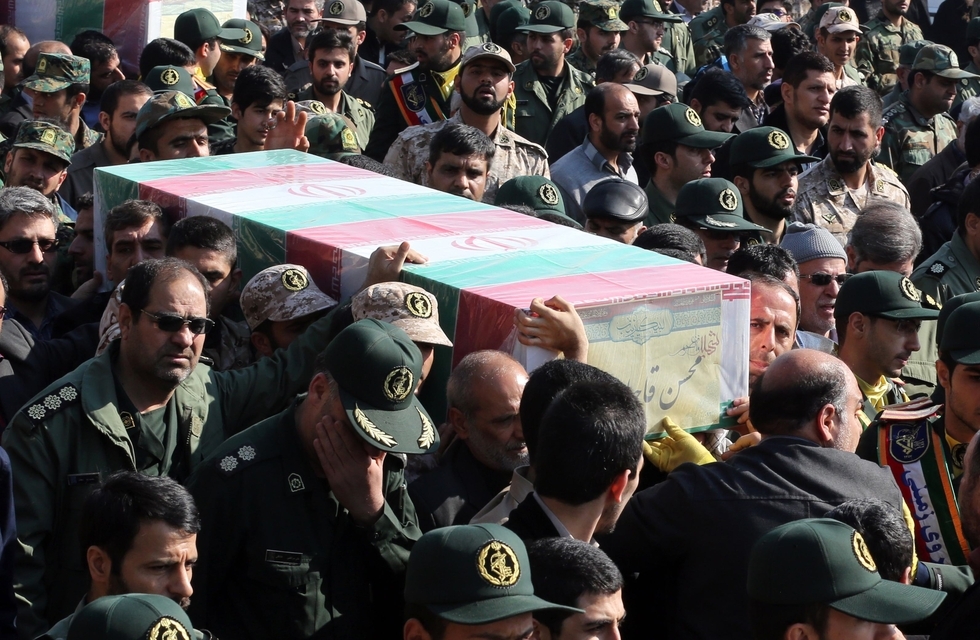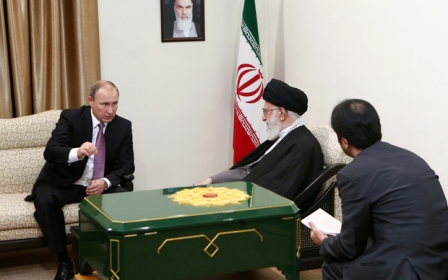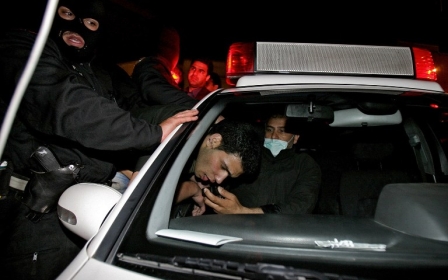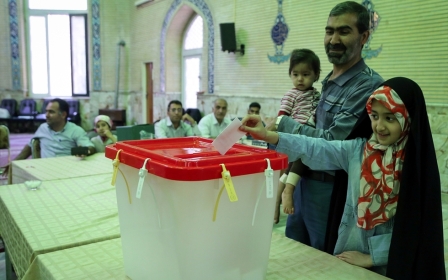Iran to grant citizenship to families of foreign 'martyrs'

Iran has passed a law allowing the government to grant citizenship to the families of foreigners killed while fighting for the Islamic republic, the official IRNA news agency reported on Monday.
"Members of the parliament authorised the government to grant Iranian citizenship to the wife, children and parents of foreign martyrs who died on a mission... during the Iran-Iraq war (1980-1988) and afterwards," it said.
Citizenship must be awarded "within a maximum period of one year after the request," IRNA added.
Iran's outgoing conservative-dominated parliament will serve until late May.
No figures are available on the number of foreign fighters killed during the Iran-Iraq war, but Afghans, and even a group of Iraqis, fought alongside Iranian forces against the regime of Saddam Hussein.
The law could apply to "volunteers" from Afghanistan and Pakistan who are fighting in Syria against rebels seeking the overthrow of President Bashar al-Assad, as well as militant groups including the Islamic State (IS).
Iran is a staunch supporter of Syrian President Assad and provides financial and military support to his government.
Tehran says its Fatemiyoun Brigade, comprised of Afghan recruits, are volunteers defending sacred Shia sites in Syria and Iraq against Sunni militants like those of IS.
The Islamic republic denies having any boots on the ground and insists its commanders and generals act as "military advisers" in Syria and Iraq.
Iranian media regularly report on the death of Afghan and Pakistani volunteers in Syria and Iraq, whose bodies are buried in Iran. More than three million Afghans live in Iran, many since the wars in Afghanistan that started with the Soviet occupation in the 1980s. One million are legal migrants.
Middle East Eye propose une couverture et une analyse indépendantes et incomparables du Moyen-Orient, de l’Afrique du Nord et d’autres régions du monde. Pour en savoir plus sur la reprise de ce contenu et les frais qui s’appliquent, veuillez remplir ce formulaire [en anglais]. Pour en savoir plus sur MEE, cliquez ici [en anglais].




